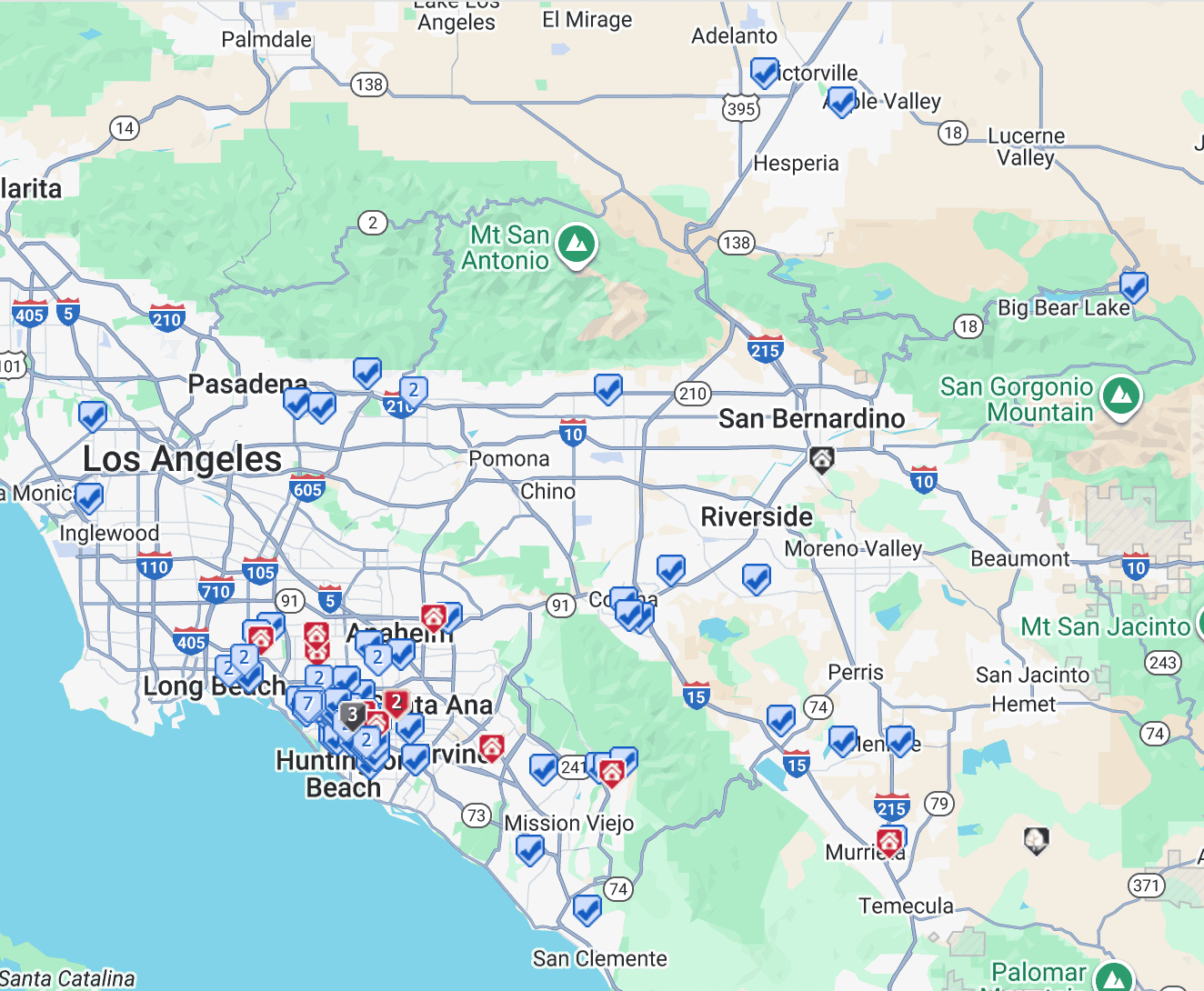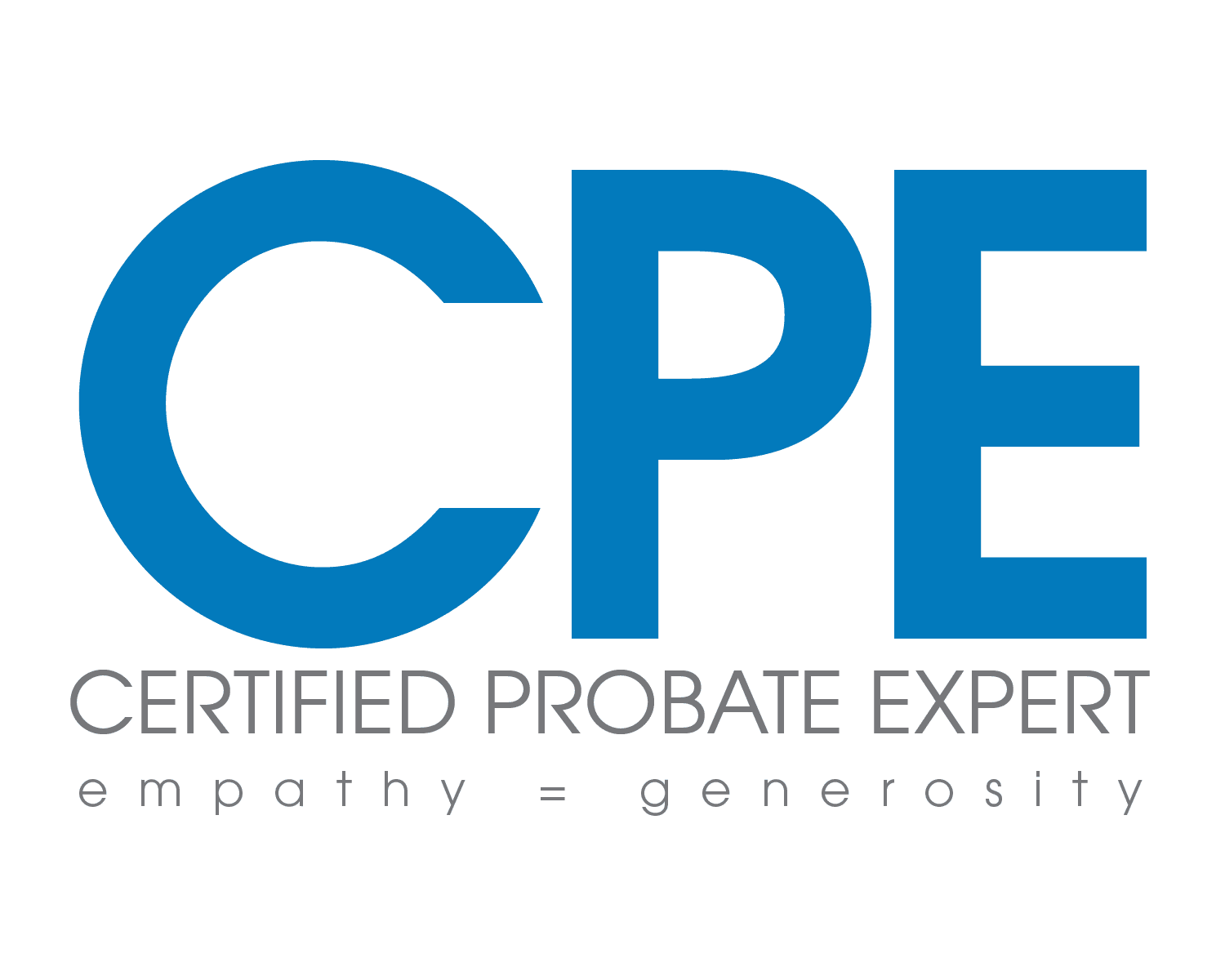
Selling a house through a probate sale in California is a unique and often complex process, involving legal requirements, court oversight, and emotional challenges. While it may be tempting to handle the sale independently to save on costs, partnering with a real estate agent experienced in probate sales can make a significant difference. Below are the key reasons why using a real estate agent is essential for a successful probate sale, ensuring a smoother process and maximizing the estate’s value.
1. Expertise in Probate Sale Complexities
Probate sales in California are governed by specific rules under the Probate Code, which differ from standard real estate transactions. A real estate agent with probate experience brings specialized knowledge to navigate these complexities, including:
- Court Requirements: Many probate sales require court confirmation, involving petitions, appraisals by a probate referee, and an overbidding process. An agent understands these steps and can guide the executor or administrator to meet court expectations.
- Full vs. Limited Authority: Agents know how the Independent Administration of Estates Act (IAEA) affects the sale, advising whether court approval is needed based on the executor’s authority.
- Legal Compliance: They ensure all disclosures and notices, such as California’s mandatory property condition disclosures, are properly handled to avoid legal issues.
Why It Matters: Without expertise, executors risk delays, court rejections, or legal challenges from beneficiaries or buyers. An agent’s knowledge streamlines the process and reduces errors.
2. Accurate Property Valuation and Pricing
Determining the right sale price for a probate property is critical to attracting buyers and satisfying court requirements. Real estate agents provide:
- Comparative Market Analysis (CMA): Agents analyze recent sales of similar properties in the area to set a competitive price, accounting for the home’s condition and market trends.
- Coordination with Probate Referees: In court-confirmed sales, a probate referee appraises the property. An agent aligns the listing price with the referee’s valuation to ensure the sale meets the court’s minimum threshold (typically 90% of the appraised value).
- Strategic Pricing: For as-is properties, which are common in probate sales, agents know how to price the home to appeal to investors or buyers while maximizing proceeds.
Why It Matters: Incorrect pricing can lead to low offers, court disapproval, or prolonged market time, increasing holding costs like taxes and maintenance. An agent’s pricing expertise ensures a fair and marketable price.
3. Effective Marketing to the Right Buyers
Probate properties often require targeted marketing due to their unique nature, such as being sold as-is or involving court processes. A real estate agent excels at:
- Tailored Marketing Strategies: They create professional listings with high-quality photos, highlighting the property’s potential despite any needed repairs.
- Targeting Cash Buyers and Investors: Probate homes often attract investors or cash buyers who are comfortable with as-is sales and court timelines. Agents have networks to reach these buyers.
- Managing Buyer Expectations: Agents clearly communicate the probate process, including potential delays or overbidding, to attract serious buyers and reduce fallout.
Why It Matters: Without effective marketing, the property may sit on the market, reducing interest and driving down offers. An agent’s skills ensure the home reaches the right audience, increasing the likelihood of a quick and competitive sale.
4. Navigating the Court and Overbidding Process
In court-confirmed probate sales, the overbidding process at the court hearing can be intimidating, as other buyers can submit higher bids. A real estate agent helps by:
- Preparing the Original Offer: Agents structure the initial offer to be competitive, reducing the chance of significant overbids.
- Guiding Buyers Through Overbidding: They educate the original buyer about the process, encouraging them to attend the hearing or adjust their offer if needed.
- Liaising with Attorneys: Agents work closely with the estate’s probate attorney to ensure all paperwork and court filings are accurate and timely.
Why It Matters: The overbidding process can derail a sale or delay closing if mishandled. An agent’s experience keeps the sale on track and minimizes surprises for all parties.
5. Managing Emotional and Family Dynamics
Probate sales often involve grieving family members or disputes among heirs, adding emotional complexity. A real estate agent provides:
- Neutral Perspective: As an impartial professional, the agent focuses on the estate’s best interests, reducing tension among beneficiaries with differing opinions.
- Clear Communication: They explain the sale process to heirs, ensuring transparency and managing expectations about timelines, pricing, and proceeds.
- Conflict Mitigation: By handling negotiations and buyer interactions, agents shield executors from stressful confrontations, allowing them to focus on their fiduciary duties.
Why It Matters: Emotional disputes can delay or derail the sale. An agent’s professionalism helps maintain harmony and keeps the process moving forward.
6. Handling Property Condition and Disclosures
Probate properties are often older homes sold as-is, with potential repair needs or undisclosed issues. A real estate agent assists by:
- Coordinating Inspections: They recommend pre-sale inspections to identify material defects, ensuring compliance with California’s disclosure laws.
- Marketing As-Is Properties: Agents highlight the home’s value to buyers comfortable with renovations, offsetting concerns about condition.
- Negotiating Repairs: If buyers request repairs or concessions, agents negotiate terms that protect the estate’s interests.
Why It Matters: Failing to disclose known issues can lead to legal liability, while poor presentation of an as-is property can deter buyers. An agent’s expertise ensures transparency and appeal.
7. Saving Time and Reducing Stress
The probate sale process is time-consuming, requiring coordination with courts, attorneys, buyers, and beneficiaries. A real estate agent takes on critical tasks, such as:
- Managing Showings and Open Houses: They handle buyer inquiries and property access, saving the executor time.
- Negotiating Offers: Agents evaluate and negotiate offers to secure the best terms, reducing the executor’s workload.
- Streamlining Escrow: They oversee the escrow process, ensuring all documents are completed and deadlines are met.
Why It Matters: Executors often juggle multiple responsibilities, including settling the estate and managing personal grief. An agent’s support allows them to focus on their fiduciary role while ensuring the sale progresses efficiently.
8. Maximizing Financial Outcomes
A real estate agent’s expertise directly impacts the estate’s financial outcome by:
- Securing Competitive Offers: Through effective pricing and marketing, agents attract multiple offers, increasing the sale price.
- Minimizing Holding Costs: By expediting the sale, they reduce ongoing expenses like property taxes, insurance, and maintenance.
- Navigating Court Approval: In court-confirmed sales, agents ensure the sale meets the court’s requirements, avoiding rejections that could delay proceeds.
Why It Matters: The estate’s proceeds are distributed to heirs or used to settle debts, so maximizing the sale price and minimizing costs are critical. An agent’s skills ensure the best financial outcome.
Choosing the Right Real Estate Agent
Not all real estate agents are equipped to handle probate sales. When selecting an agent, look for:
- Probate Experience: Choose an agent with a track record of successful probate sales in California, familiar with local courts and procedures.
- Local Market Knowledge: An agent who knows the area can accurately price and market the property based on regional trends.
- Strong Communication: The agent should keep all parties—executors, heirs, attorneys, and buyers—informed and aligned.
- Collaboration with Probate Attorneys: A good agent works seamlessly with the estate’s attorney to ensure legal and real estate processes align.
Conclusion
Selling a house in probate in California is a multifaceted process that requires legal savvy, market expertise, and emotional sensitivity. A real estate agent with probate experience is an invaluable partner, guiding executors through court requirements, pricing the property competitively, marketing to the right buyers, and managing complex dynamics. By leveraging their skills, you can save time, reduce stress, and maximize the estate’s financial outcome, ensuring a smoother sale and a fair distribution of assets. If you’re facing a probate sale, don’t go it alone—partner with a qualified real estate agent to achieve the best results.
If you need any help or guidance do not hesitate to reach out. Simply send us a message or book an appointment.








